International Activities of InES
The lack of access to energy is one of the main obstacles to reducing poverty and bolstering industrialisation, as can be witnessed around the globe. That is why the focus on international research activities at InES is one of the cornerstones of the institute's strategy. Consequently, researchers at InES are active in a variety of international cooperations in the realm of Renewable Energies.
In the spirit of a university-wide internationalisation, InES has been leading international research projects since 2004 and offers students from all over the world the opportunity to complete a research stay in Ingolstadt. So far, nearly 40 international guests have been working at the Institute, in the context of completing internships, writing their theses or due to other science-related stays. The research activities of the InES outside Europe focus primarily on Africa and Central Asia.
Focus on Africa
The Team at InES has specialised on cooperations with scientific institutions and companies in Africa. Despite the abundance of solar, wind and biomass ressources, large parts of the population in rural areas of African countries lack access to electricity. To change this situation, core elements of the Institute's international cooperation encompass the promotion of the use of energy systems based on Renewable Energies as well as the transfer of technology with local stakeholders.
Focus Central Asia
The InES team specializes in collaborating with academic institutions, NGOs, and industries in Central Asia (Kazakhstan, Kyrgyzstan, Tajikistan, Turkmenistan, and Uzbekistan). Their primary research areas in Central Asia include building energy research, enhancing energy efficiency, promoting sustainable heat energy transition, decarbonizing high-altitude and cold climatic communities, Agri-PV, energy demand modelling, energy supply modelling, integrating renewables by various energy systems, and capacity building.

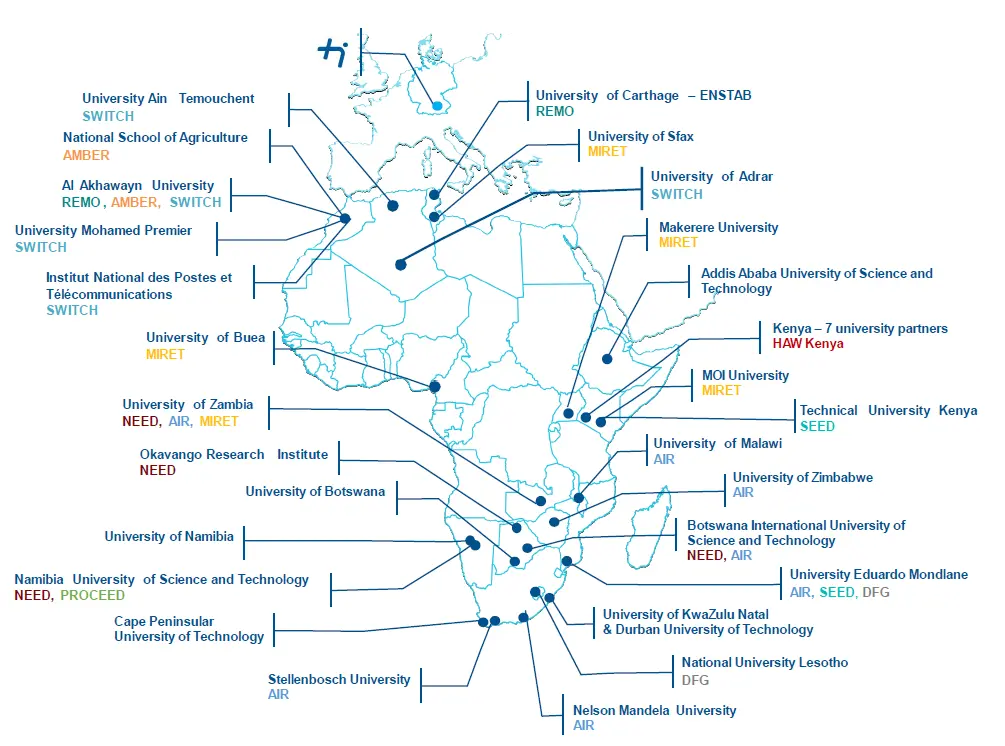
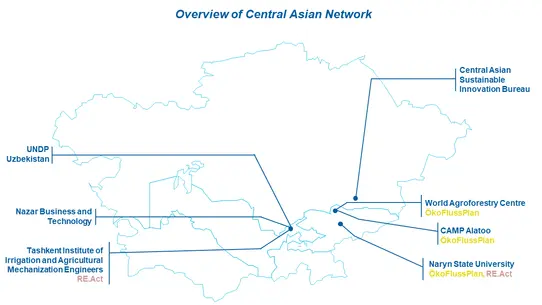
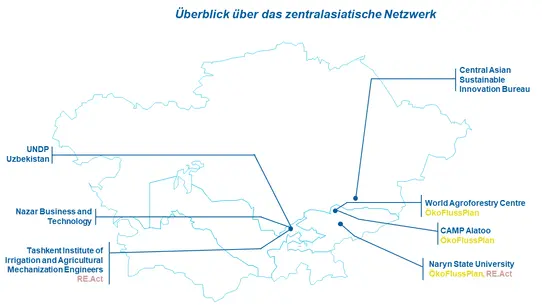



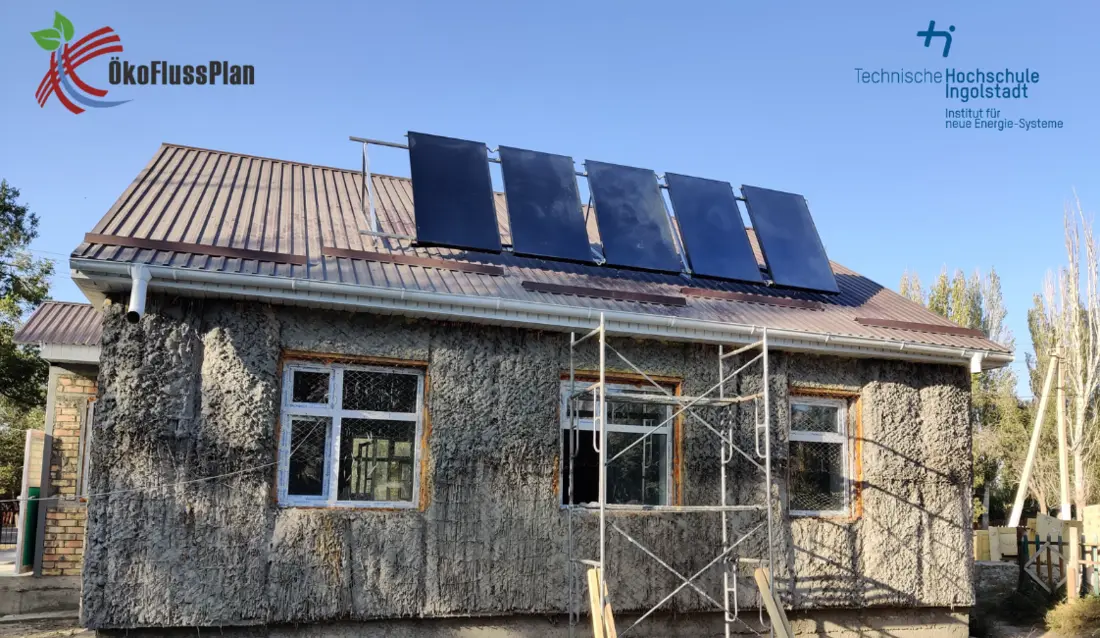
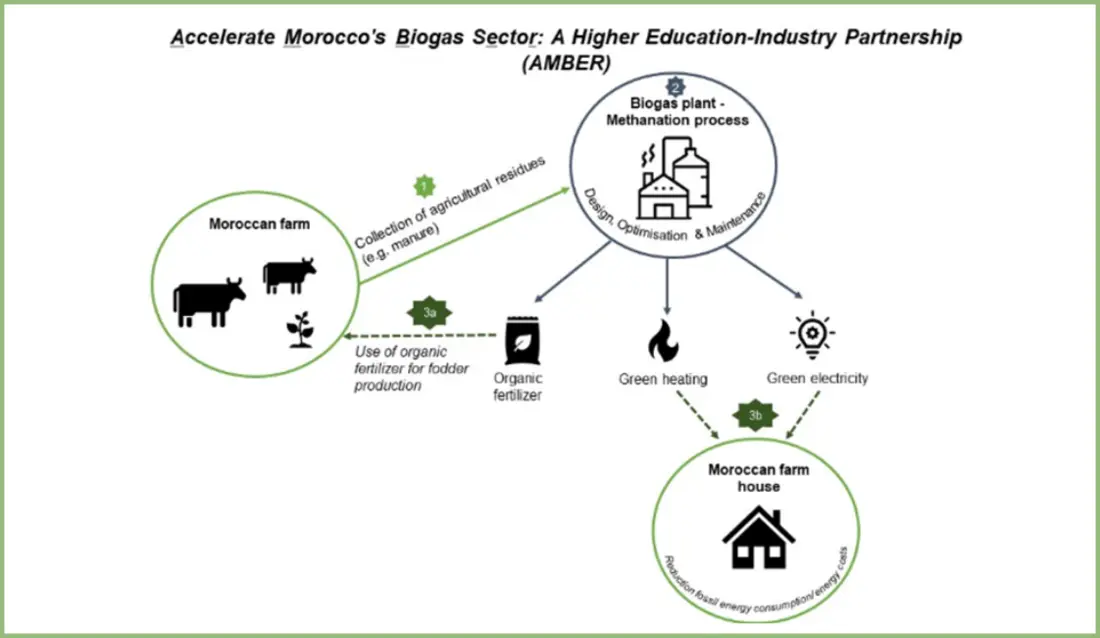
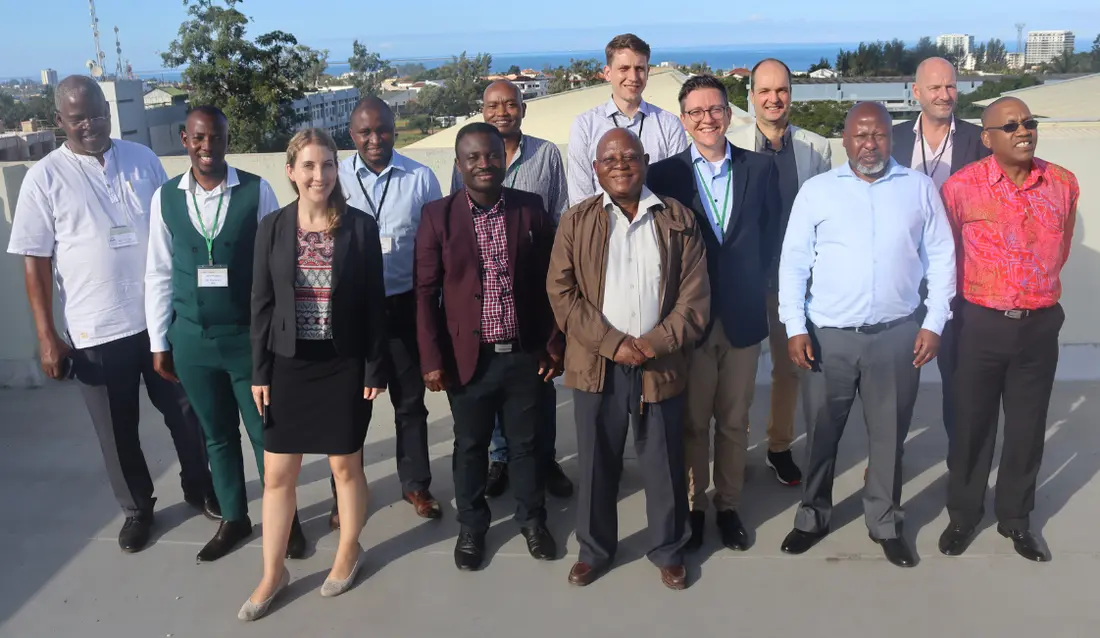

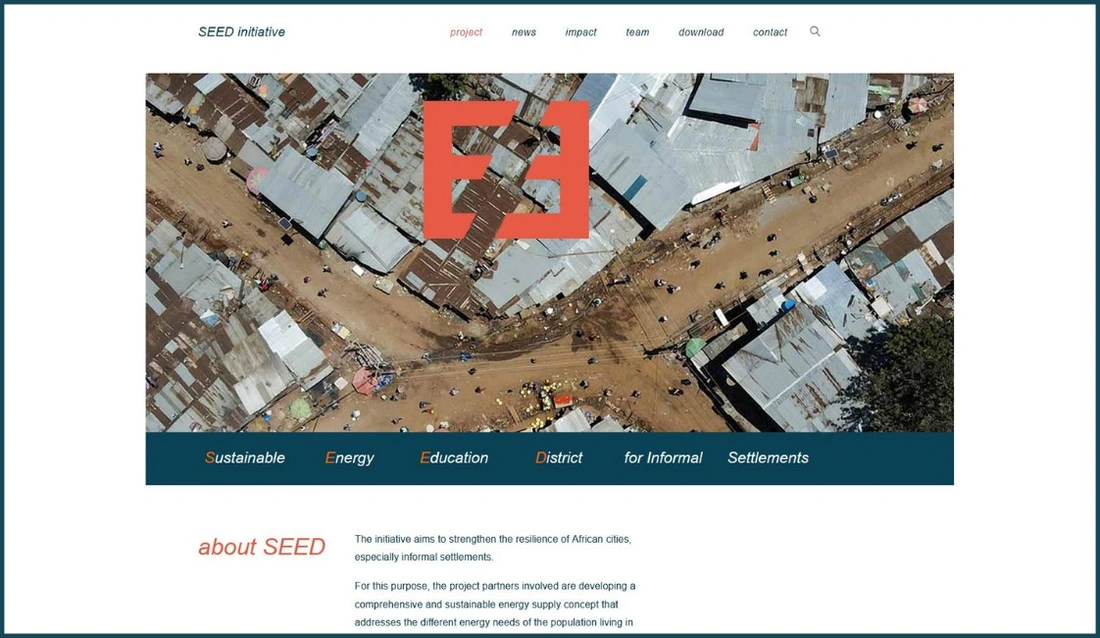

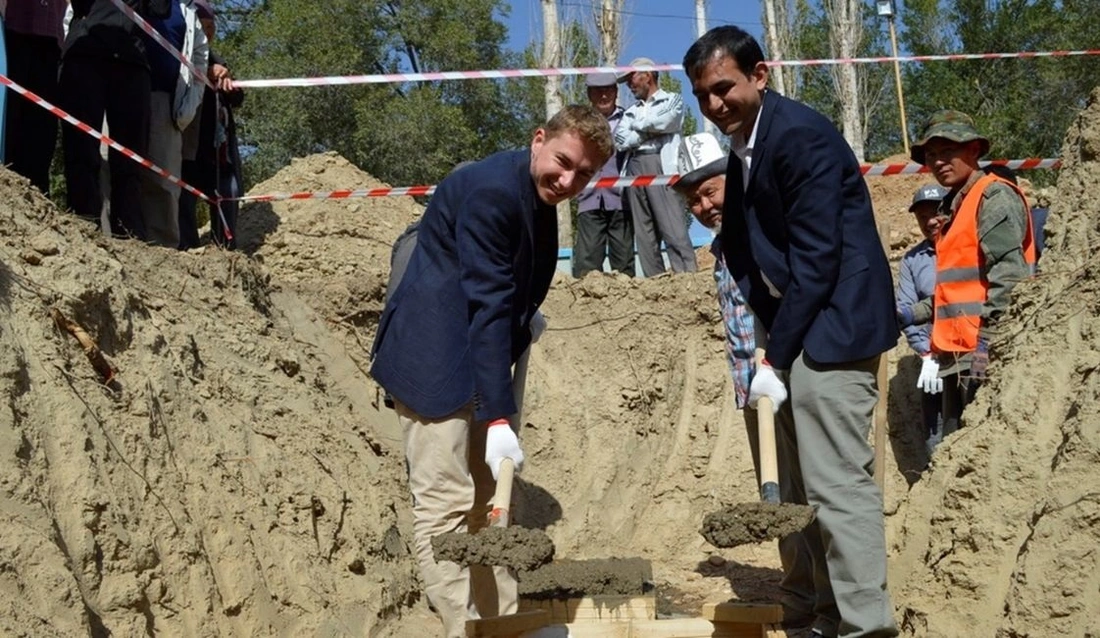
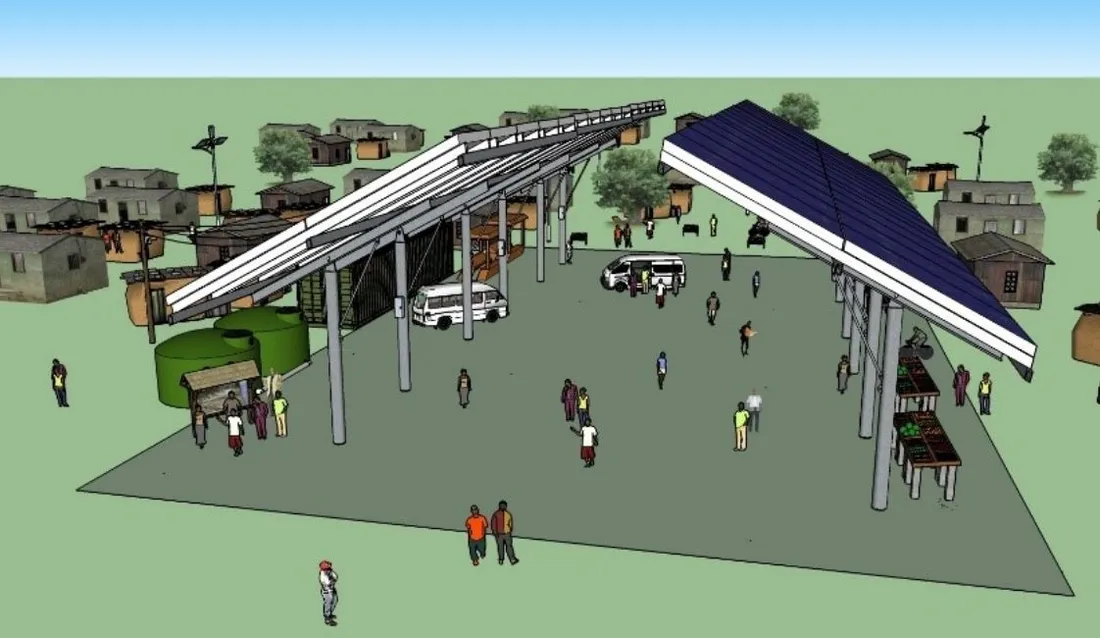


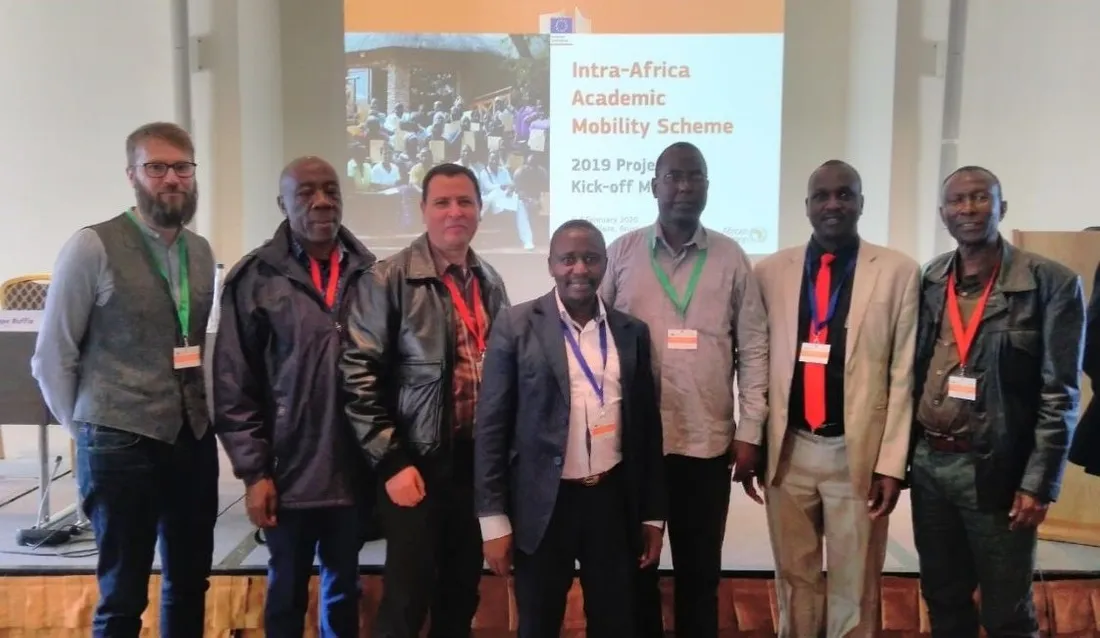

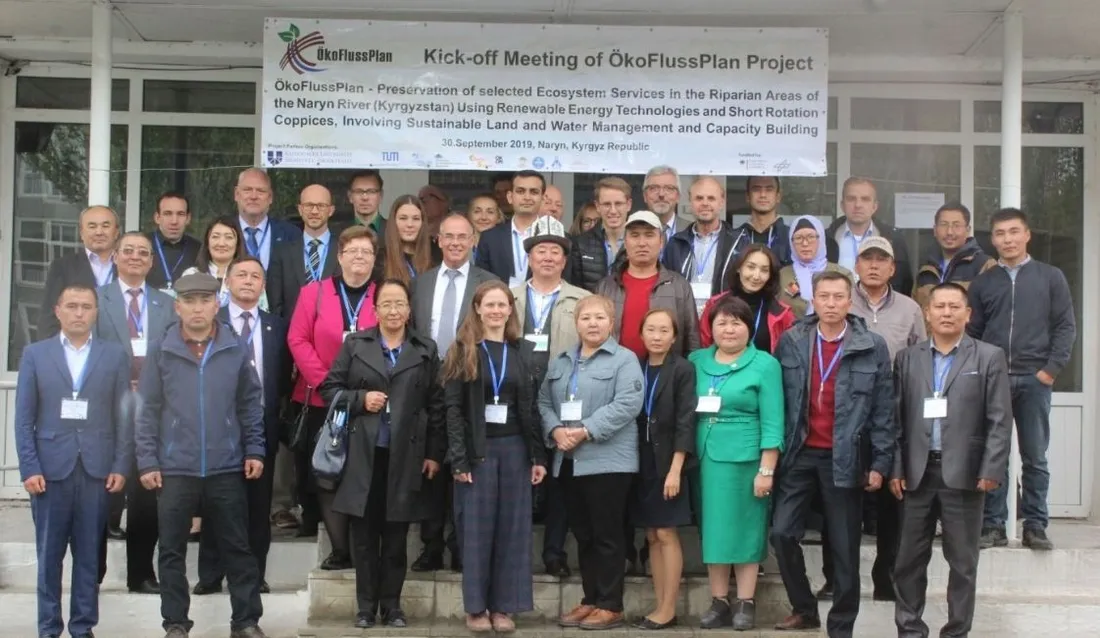
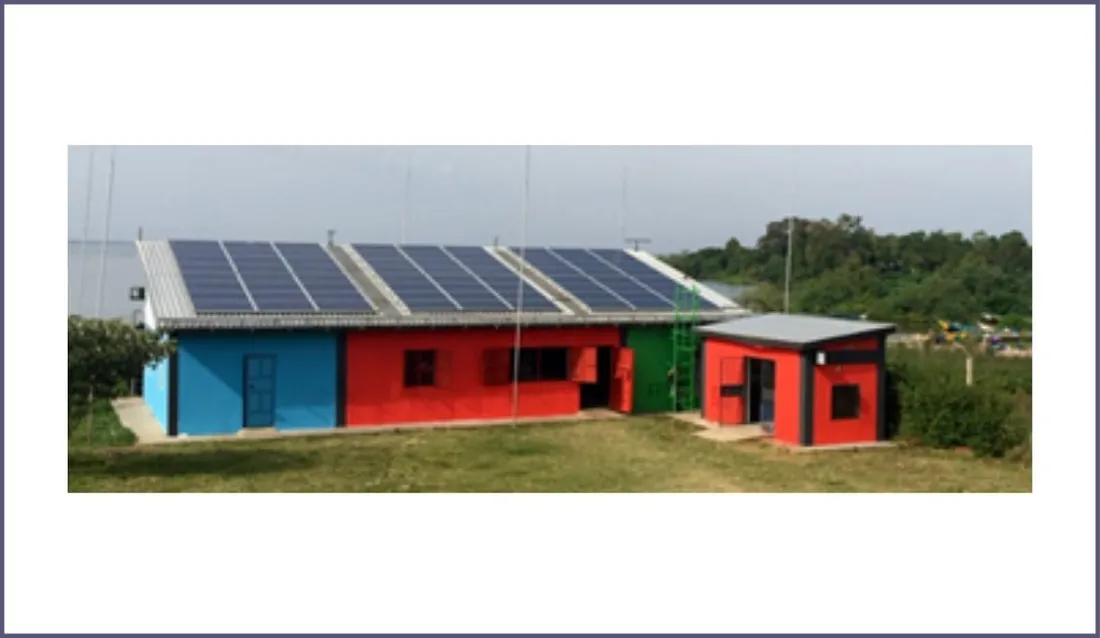
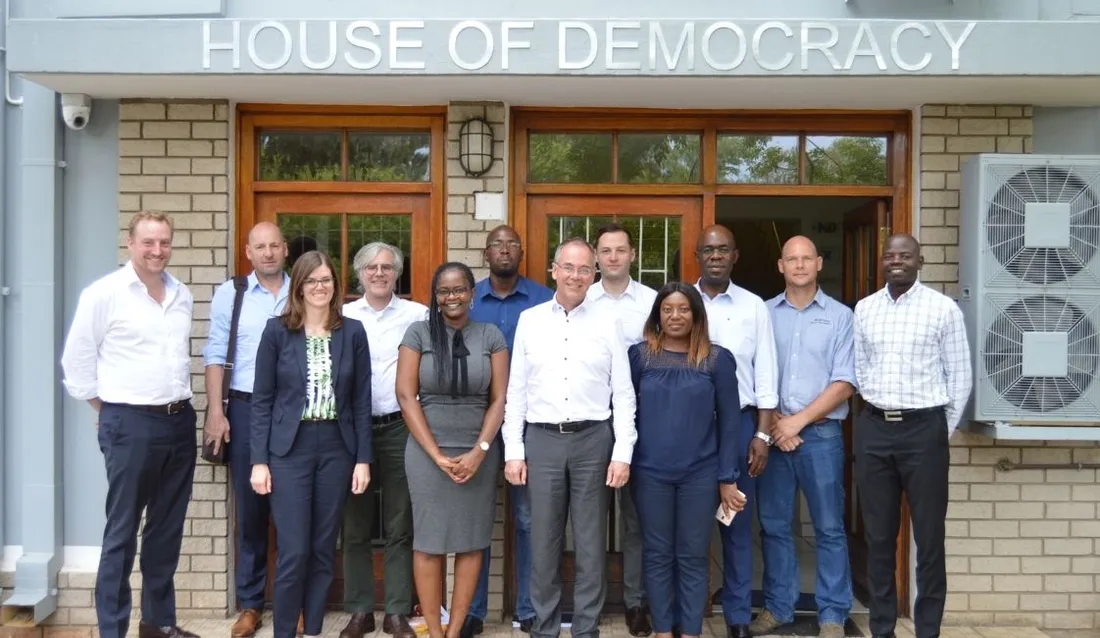
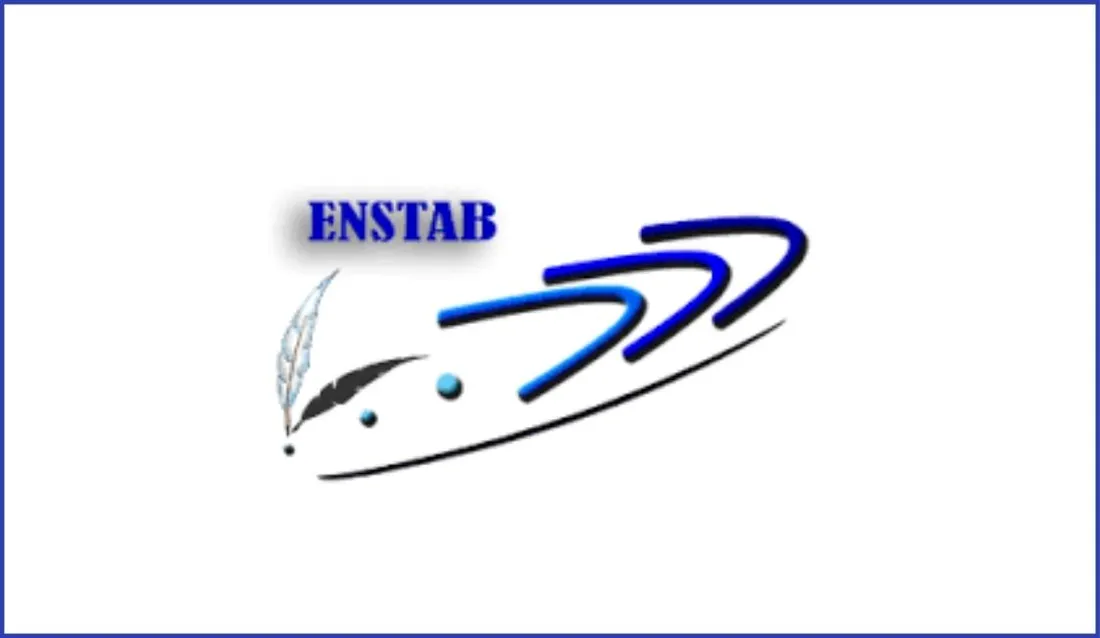
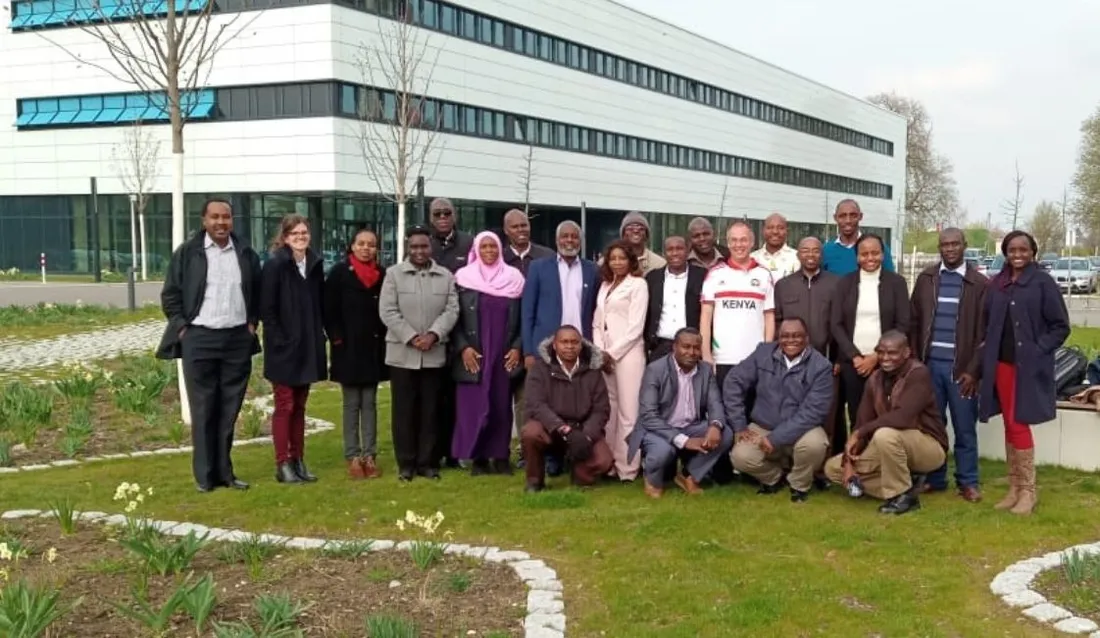
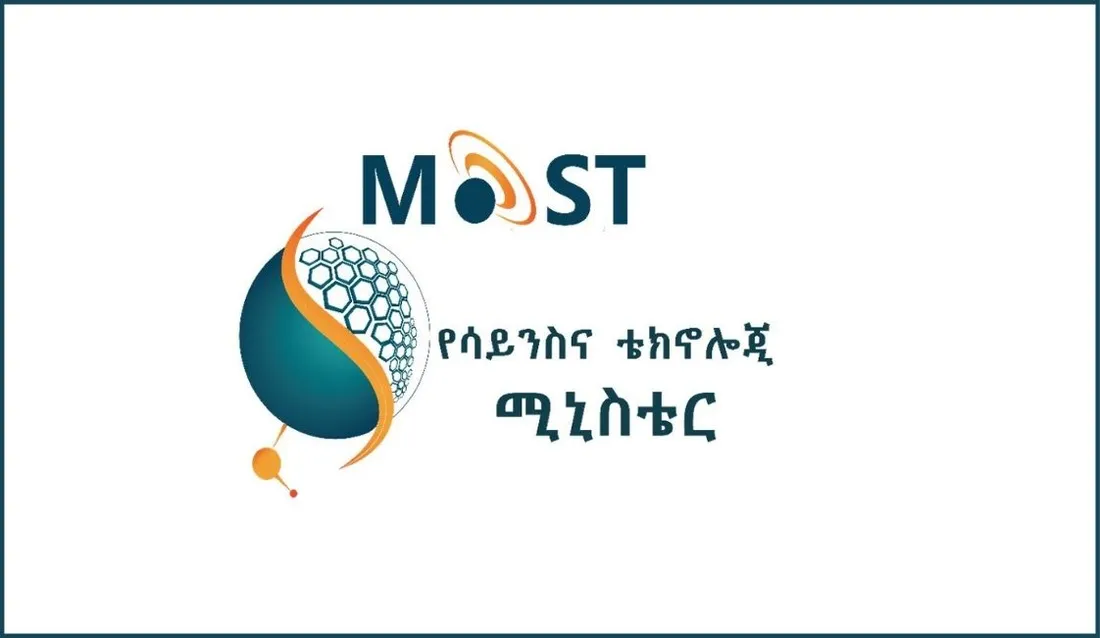

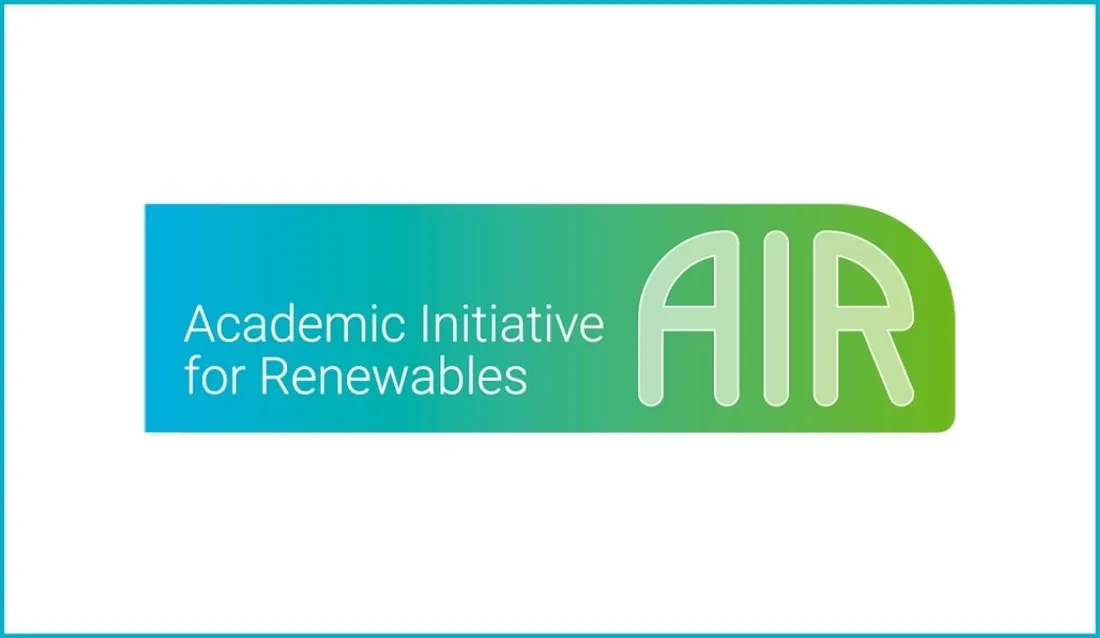

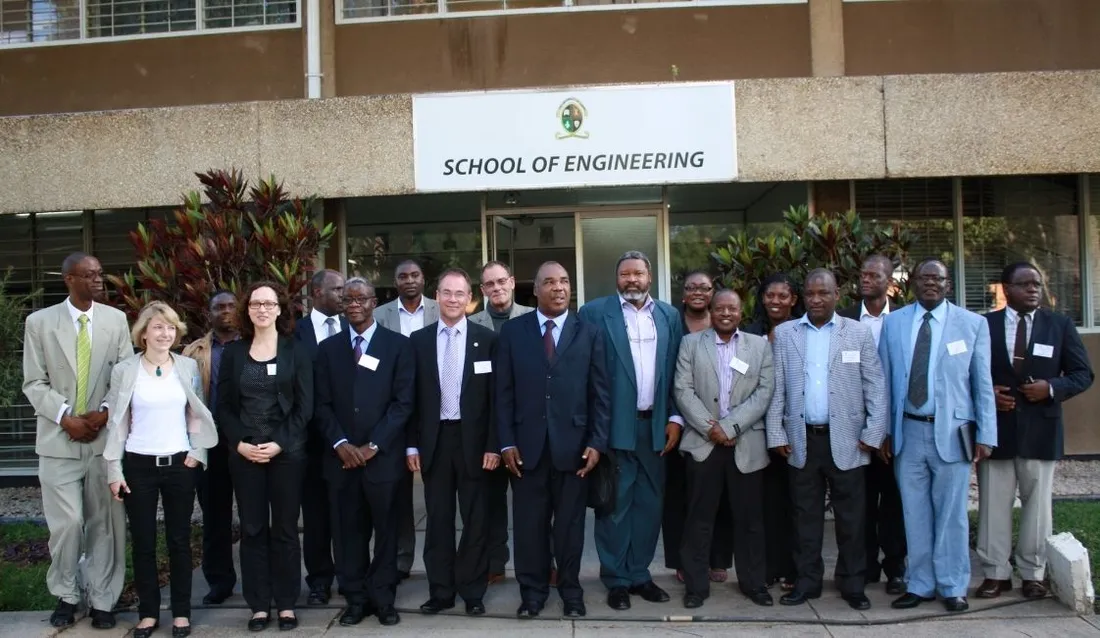
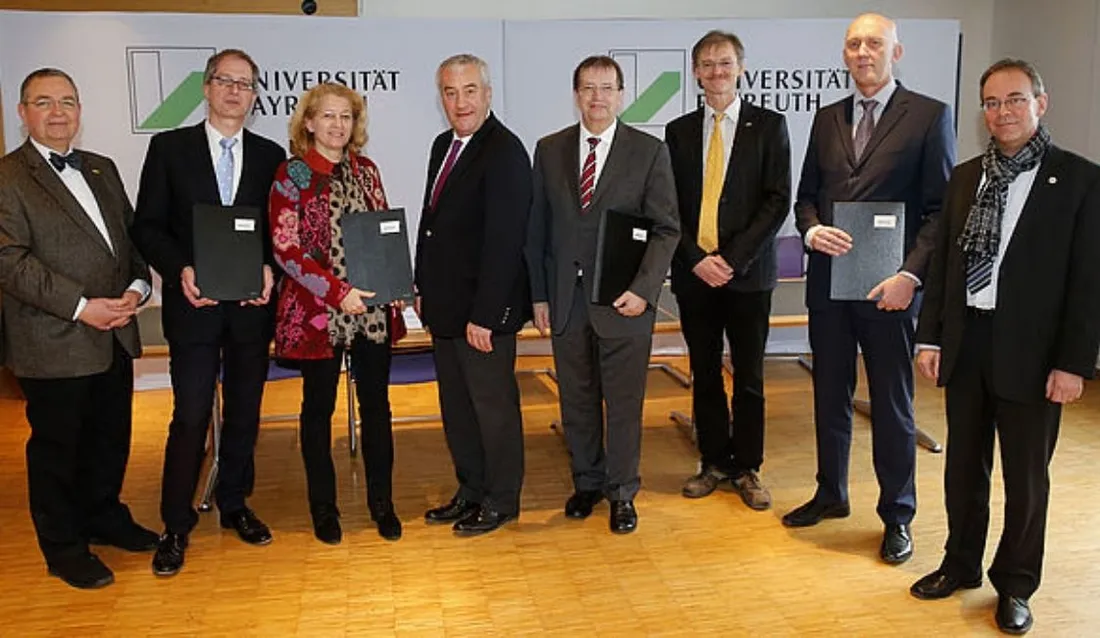
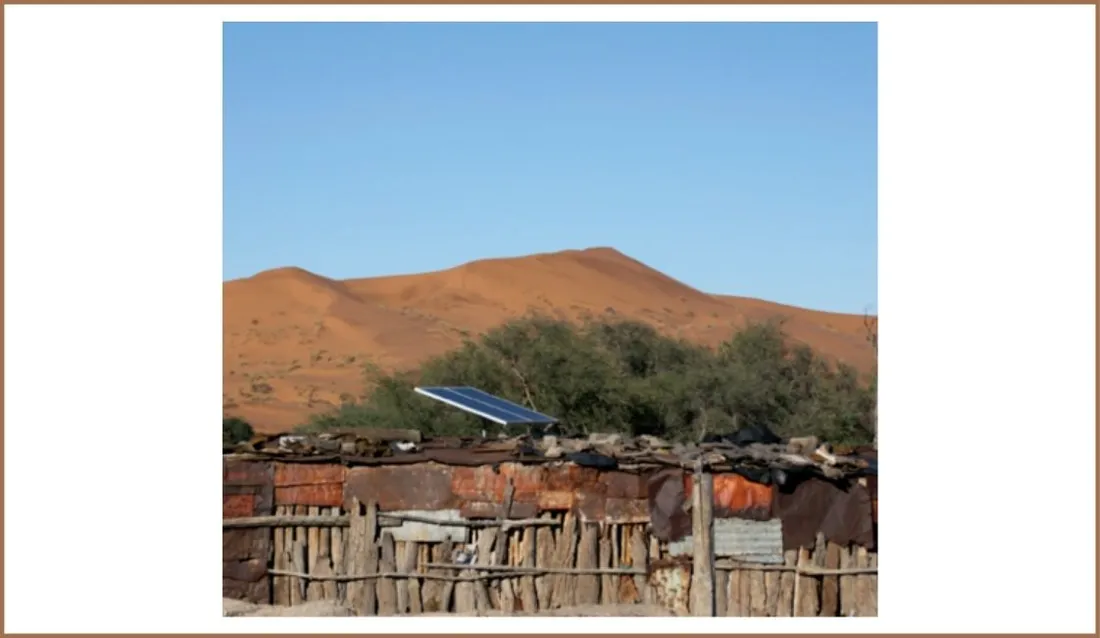
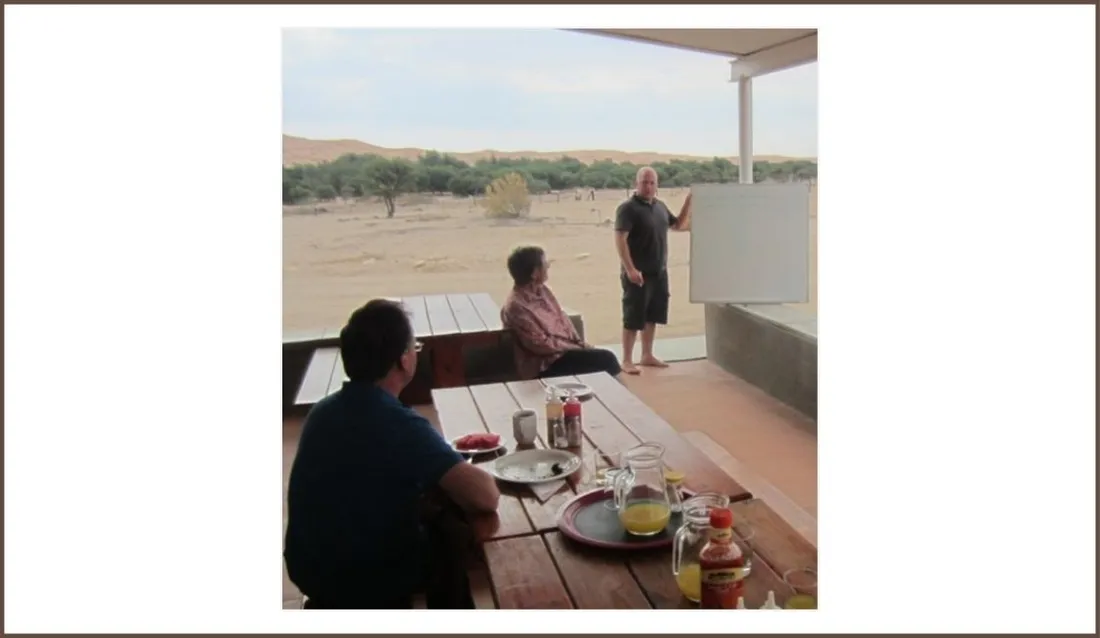




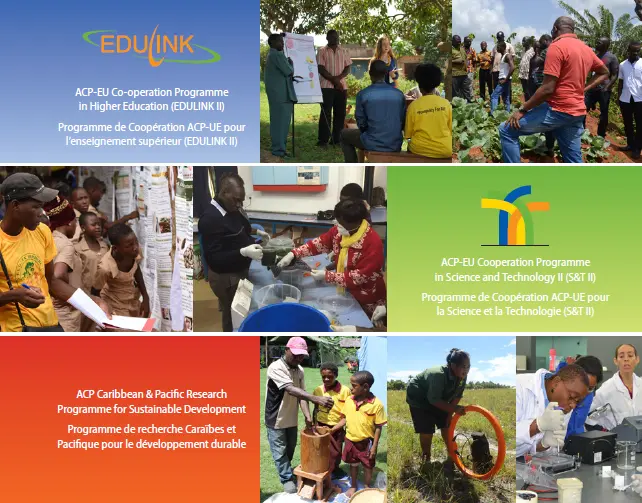
![[Translate to English:] Logo Akkreditierungsrat: Systemakkreditiert](/fileadmin/_processed_/2/8/csm_AR-Siegel_Systemakkreditierung_bc4ea3377d.webp)








![[Translate to English:] Logo IHK Ausbildungsbetrieb 2023](/fileadmin/_processed_/6/0/csm_IHK_Ausbildungsbetrieb_digital_2023_6850f47537.webp)


